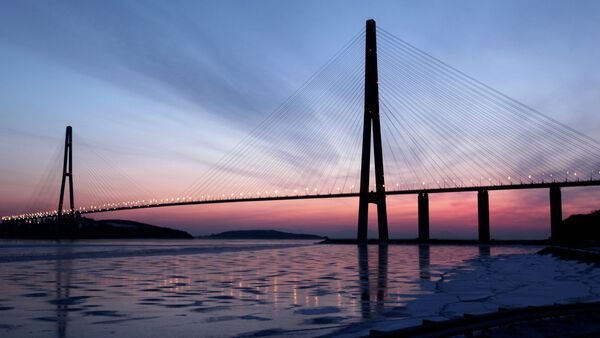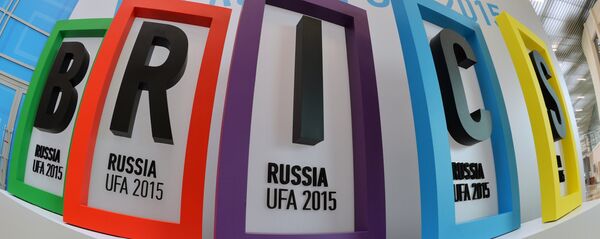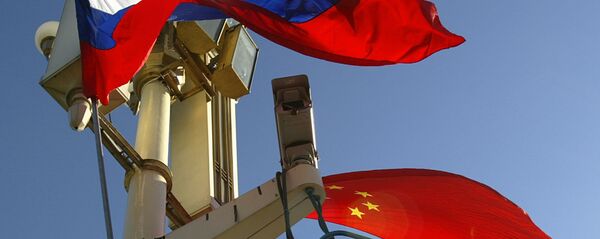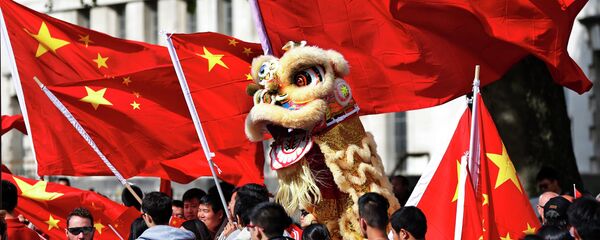"As Europe increasingly turns inward (and away from Russia), the countries of northeast Asia are turning ever more outward. Asia may turn out to be much more receptive to Russian business than Europe ever was," Associate Professor of Sociology and Social Policy at the University of Sydney Salvatore Babones noted.
The Kremlin's project provides the locals with significant tax advantages and makes the Far East region especially attractive to foreign investors, particularly from China, Japan and South Korea.
It is worth mentioning that in 2012 Moscow spent around $20 billion to bolster the region's infrastructure in preparation for the 2012 APEC summit.
Key advantages for the free port territory include the free customs zone, a favorable tax regime, and most notably a simplified visa regime. The law stipulated that the Vladivostok Free Port project is aimed at developing the region's infrastructure, manufacturing competitive goods for the Asia-Pacific markets, as well as improving the living standards in the Far East region.
The Vladivostok Free Port will comprise four zones, namely an industrial zone, a scientific-promotional zone, a tourist zone and port and airport.
"A visa on arrival — even if only for a week — will do much to improve Russia's prospects of integrating its Pacific territories with the rest of northeast Asia," the Australian scholars noted.
According to Babones, a simplified visa regime "will make it easier for schools, universities, and businesses of all kinds to attract international visitors and international staff." The looser visa regime will bring in foreign management specialists and technical consultants.
"Head offices will be able to visit the local branch without advance warning. Businesspeople will be more willing to relocate to Russia if their families can visit anytime," Babones noted.
The move will also contribute a lot to Russia's openness to the world, the scholar believes.
"The Russian Far East, 4,000 miles away from Moscow and sitting at the juncture of China, Korea, and Japan, may be the best place for Russia to open first," Salvatore Babones concluded.





